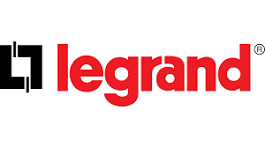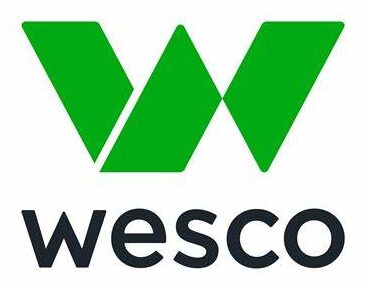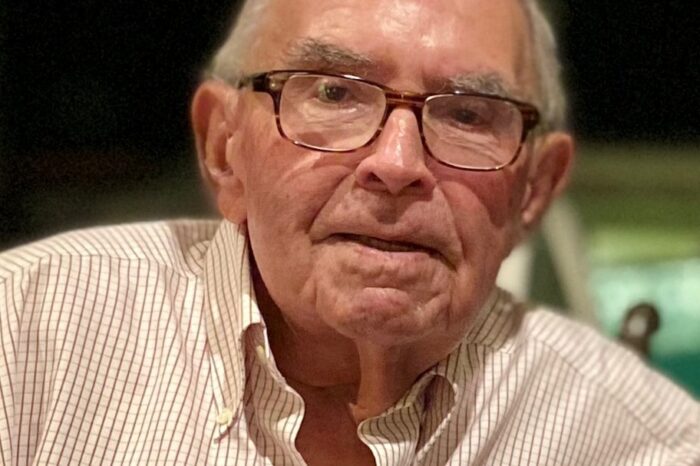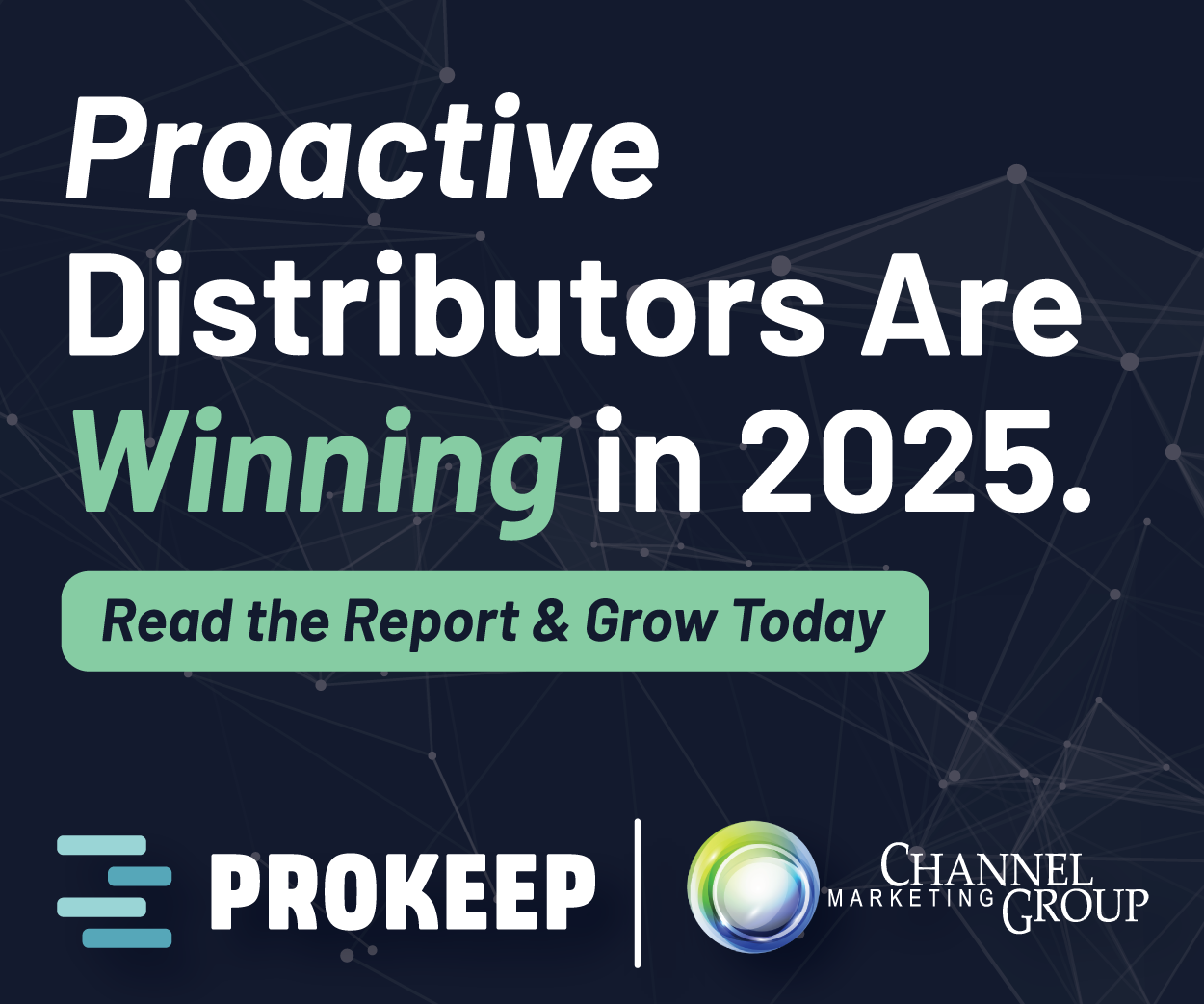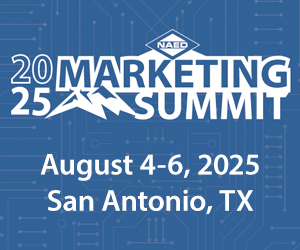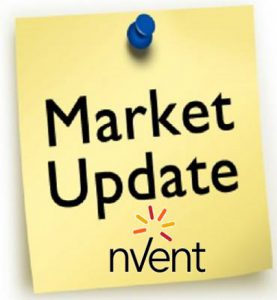Changes at the Top – Wesco, Summit and Crescent
 Recently there have been a number of personnel changes in the industry, on both the manufacturer and distributor side of the equation. Recently we wrote about a layoffs at some major distributors (and some of them are also still doing hiring for different roles), but this now there are changes at the top.
Recently there have been a number of personnel changes in the industry, on both the manufacturer and distributor side of the equation. Recently we wrote about a layoffs at some major distributors (and some of them are also still doing hiring for different roles), but this now there are changes at the top.
Yes, it is affecting the executive suite, albeit for varying reasons.
Wesco
I become aware that Sean Nacey is no longer in his role, probably no longer at the company. Why, I don’t know, however, his LinkedIn account has an end date to his tenure.
Replacing Sean is Sean Grasby.
Sean Grasby is Wesco’s new SVP, US Construction and Wesco Energy Solutions. He comes to run this important part of Wesco’s business from Wesco’s EECOL division in Canada where he was the President of this 60-branch division.
Summit Electric
Dwayne Roberts is replacing Ed Gerber at Summit Electric to “pursue other opportunities.
While not aware of the specifics, with Summit recently acquired by Sonepar, probably not too much of a surprise. Gerber, who prior to leading Summit, was the president of the Industrial Supply Association. Possibly this was part of the transition plan discussed during the acquisition. Perhaps the Soneparization of the business.
Roberts, according to the press release, was Summit’s VP Operations. Summit for a little less than three years and previously spent almost 22 years with Graybar in operational roles according to his LinkedIn background.
Given that Summit is going through the “acquisition transition process”, it is not surprising that there is some restructuring (Joe McDermott, who was with Crescent Electric for 16 years as VP Construction Solutions, joined Summit as their Regional VP, Gulf Coast, earlier this month) and Sonepar will be integrating Summit with other processes over the next year.
Crescent Electric
The news of the week is the change at the top for Crescent Electric who announced Scott Teerlinck’s departure, effective January 31st.
Teerlink, who joined Crescent almost 5 years ago after 7 years as president of Werner Electric (an industrially-oriented / Rockwell distributor in Wisconsin), who started and spent 18 years with Rockwell, joined the company at the beginning of COVID, shepherded the company through that phase of industry change inclusive of the height of supply chain issues, and attempted, and initiated, a number of changes within the company. Some of those changes were personnel which attempted to influence culture, some were new initiatives to broaden the business mix, and others are process and represent change such as the company’s implementation of RDCs/CDCs to change procurement and logistics.
Why the board decided to make a change … does anyone ever truly know? But Crescent is family run with an independent board chair and when there is stability at the top, and a level of family involvement (Crescent has 4th generation family working in the business (Nick Rhomberg, who is Area Vice President for the North Pacific, and perhaps others), there inevitably will be business stability.
The reality is, when you are a 105-year-old company with over 150 branch locations, there is a foundation to the business, a culture that people have integrated. Change comes evolutionary and cannot be quickly achieved from the top.
If you ask a manufacturer “who is Crescent”, inevitably the response is “contractor-oriented, many secondary and tertiary cities.” This creates a persona that is difficult to change from.
Yes, almost every contractor-oriented distributor has some industrial business (MRO business, maybe some OEM) but this is because they are a key player in these smaller markets.
Crescent, under Scott’s leadership, also acquired Lowe Electric, which has been very quiet. Many forget that the company has a standalone location in Pittsburgh which came from an acquisition.
While there was an expressed interest in growth, and growth through acquisition, historically this has been a challenging endeavor for Crescent aside from its successes with Stoneway and Womack.
Scott, and Crescent Electric, are big supporters of NAED with Crescent Electric being a corporate sponsor of many activities. Was this a case of “giving back” to the industry or a desire to build industry awareness of Crescent as an element of an acquisition strategy (branding?) Similarly, he was significantly involved with IMARK and was a key architect/driver of the merger with AD.
Given this recent involvement, difficult to envision the change is voluntary.
Change is hard, however, at $1.5 billion or so, perhaps the analogy is that Crescent is like an aircraft carrier or a battleship. These large entities are slow to turn. Crescent has over 3500 employees (an aircraft carrier has about 5000.) At the field level, customers will be called on. Customers will come to counters. Orders will be written. Material will be picked and delivered. Life will go on. P.O.s will be placed. Bills will be paid.
Is management important? Yes, it sets the strategy to drive growth and helps steer the ship to deliver profits. And it’s the face of the company.
According to the press release, Kristi Dahlke, Crescent’s senior VP and CFO, will serve as interim CEO. She’s been with Crescent for four years and had 19 years with Grainger in finance roles as well as strategic planning and marketing strategy. She has distribution experience and knows the company and can steer the ship while the board decides next steps to chart the course for the future.
After 105 years, as they say, “steady as she goes”.
Takeaway
Different companies. Different reasons. The only constant nowadays is change.
Leadership can set direction. It can affect process management. It can chart a course for growth but, it takes people buy-in. Leadership needs to “sell” to middle management who then need to sell to the field for change to take hold. Integrating many from the outside, especially from a different culture, while trying to turn the ship, can be perilous.
There are ways to accelerate change of a company’s profile, but it requires significant investment and an inherently strong team to run the core business … because change can also distract others in the business who need to focus on the core business (which inevitably is the “cash cow.”)
Every company has a persona. These should be embraced. Culture should be valued but it can be evolved but takes focus.
As we turn the page on another year in the ever-changing electrical industry!
Good luck to those with new opportunities, and those seeking new opportunities.



